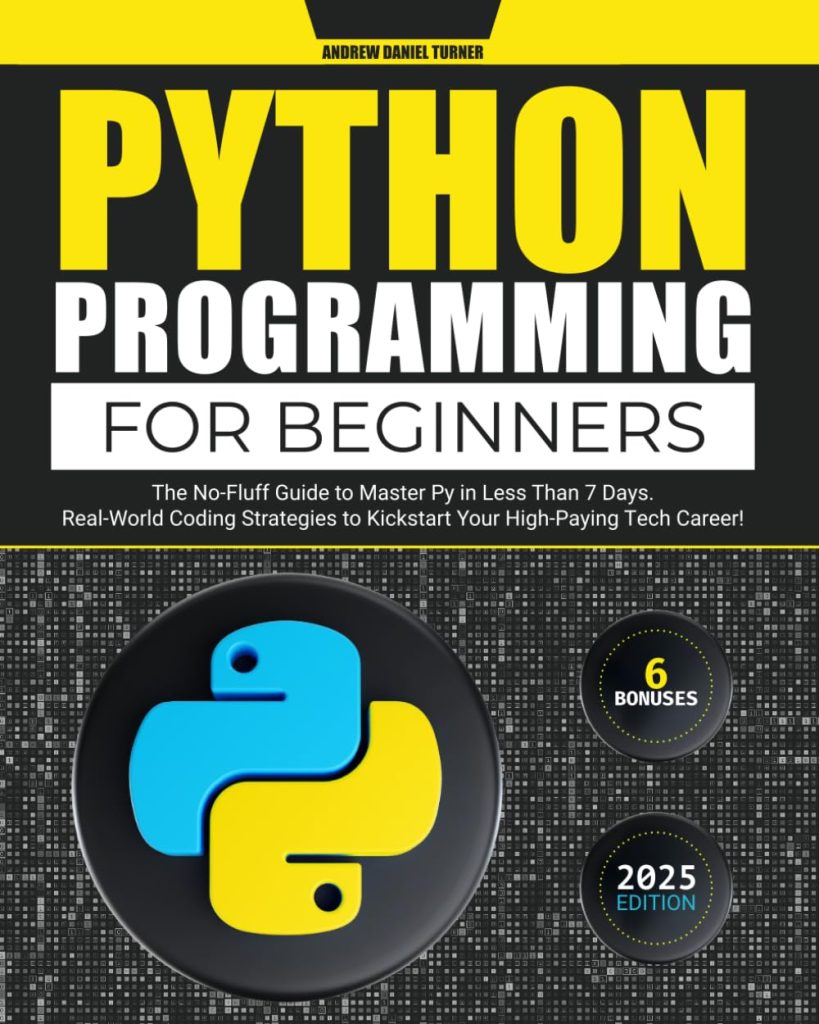
If you’re using WordPress plugins like CyberSEO Pro, RSS Retriever or AI Autoblogger, you might be wondering about the importance of meta keywords. Let’s cut to the chase: you don’t need them. Here’s why, and what you should be focusing on instead.
The rise and fall of meta keywords
To understand why meta keywords are obsolete, we need to take a trip down memory lane. Meta keywords have a rich history that dates back to the internet’s infancy. Born in 1995, when the web was still in its adolescence, meta keywords were part of the original SEO toolkit. During this era, search engines like AltaVista and Infoseek were the gatekeepers of online information, and the internet was a far more innocent place.
The meta keywords tag was designed as a way for webmasters to explicitly tell search engines what their pages were about. It was implemented as a simple HTML meta tag that looked like this:
<meta name="keywords" content="seo, search engine optimisation, search engine optimization, search engine ranking">
This tag, like all meta elements, was invisible to website visitors but clearly visible to search engines. The keywords listed in the “content” attribute were used as a direct ranking factor by search engines of that era.
How meta keywords work (in theory)
The concept was simple and seemed logical at the time. Webmasters would enter a list of relevant keywords that accurately described the content of their page. Search engines would then use this information to understand the page’s topic and rank it accordingly in search results.
In theory, this would help pages rank for those terms and related searches. It was a direct line of communication between webmasters and search engines, a dream come true for early SEO practitioners.
The fall from grace
However, as is often the case with systems that are easy to manipulate, people soon found ways to abuse meta keywords. As the web became more commercialized and competition for top search rankings increased, less scrupulous webmasters began to exploit this tag.
Instead of using relevant keywords, they would stuff the meta keywords tag with popular search terms, regardless of whether they were related to the actual content of the page. This keyword stuffing was aimed at ranking for high-traffic terms, even if the page had nothing to do with those topics. It didn’t take long for the search engines to catch on to this practice.
By the early 2000s, major search engines began to reduce the importance of meta keywords in their ranking algorithms. Google, which quickly became the dominant search engine, was particularly quick to discount the tag.
The final nail in the coffin came in September 2009, when Google officially announced that it would no longer use the meta keywords tag in web ranking. Matt Cutts, then head of Google’s webspam team, clarified in a video that Google had actually been ignoring the tag for years before the official announcement.
Other search engines followed suit. Yahoo announced in October 2009 that they no longer used meta keywords (although they still indexed them). Bing stated in 2014 that the meta keywords tag was “dead in terms of SEO value” and even implied that using it improperly could be considered a spam signal.
What really matters in SEO
So if meta keywords are out, what should you focus on? That’s where plugins like CyberSEO Pro, RSS Retriever and AI Autoblogger come in. These tools use advanced AI to generate meta titles and descriptions for your WordPress posts. Unlike meta keywords, these elements still play an important role in SEO and user experience.
Meta titles
These are the headlines that appear in search results. A well-written meta title can improve click-through rates and give search engines a clear idea of the topic of your content.
Meta descriptions
While not a direct ranking factor, meta descriptions are your pitch to potential visitors. A compelling description can entice users to click on your result instead of a competitor’s.
The beauty of using these plugins is that they automatically save these important meta elements as custom fields, compatible with popular SEO plugins like Yoast SEO, Rank Math SEO, SEOPress, and The SEO Framework. This integration ensures that your AI-generated meta data will work seamlessly with your chosen SEO solution.
Content is king
While meta titles and descriptions are important, they’re just the tip of the iceberg in modern SEO. Search engines have become incredibly sophisticated in their understanding of content, and this is where your focus should be. Instead of relying on outdated techniques like meta keywords, the key to success is creating high-quality, relevant content that answers your audience’s questions and solves their problems, so it’s important to remember that the goal is to create content for people, not just search engines.
Always use your understanding of your audience to fine-tune your content to address their specific needs and interests. Humanize the generated content with a fictional character created for your prompts with a detailed personality. Since the CyberSEO Pro, RSS Retriever and AI Autoblogger plugins give you complete control over your prompts, take full advantage of this opportunity to get the most out of the AI models you use.
Still vital, just different
While meta keywords are dead, keyword research is very much alive. The difference is how we use that research. Instead of stuffing keywords into a meta tag, we now use them to inform our content strategy. What questions are people asking? What topics are trending within your niche? Use this information to guide your content creation.
Don’t forget the technical aspects of SEO. Make sure your site is fast, mobile-friendly, and easy for search engines to crawl. The WordPress plugins you use can help with content creation, but also keep an eye on the overall health of your site.
Social signals and backlinks
Search engines also consider factors such as social engagement and quality backlinks. Share your content on social media platforms and work to build relationships with other sites in your niche. Natural, high-quality backlinks remain a strong indicator of a site’s value.
The AI capabilities in plugins like CyberSEO Pro, RSS Retriever and AI Autoblogger represent the future of SEO. By automatically generating relevant meta titles and descriptions, these tools help ensure that your content is well positioned for both search engines and users. However, it’s important to remember that AI is a tool to enhance your SEO efforts, not replace the need for strategy and quality control.
Source: https://www.cyberseo.net/blog/why-you-dont-need-meta-keywords/




